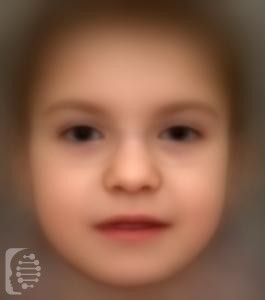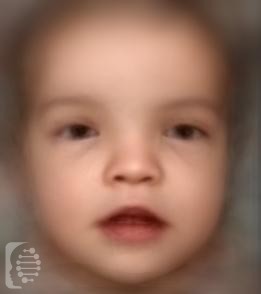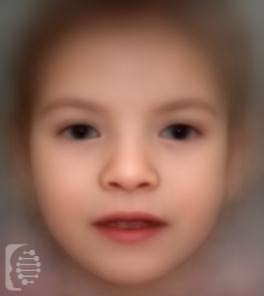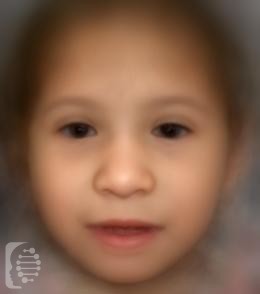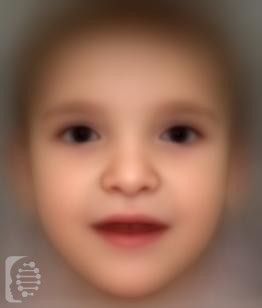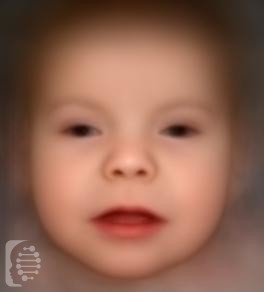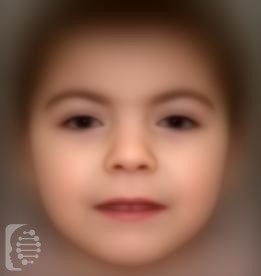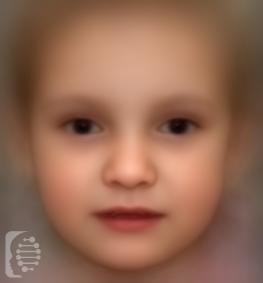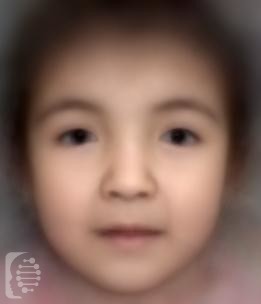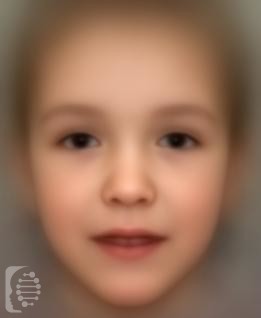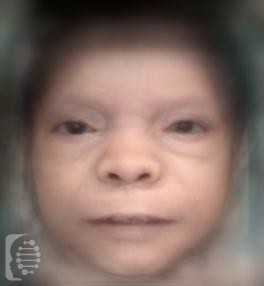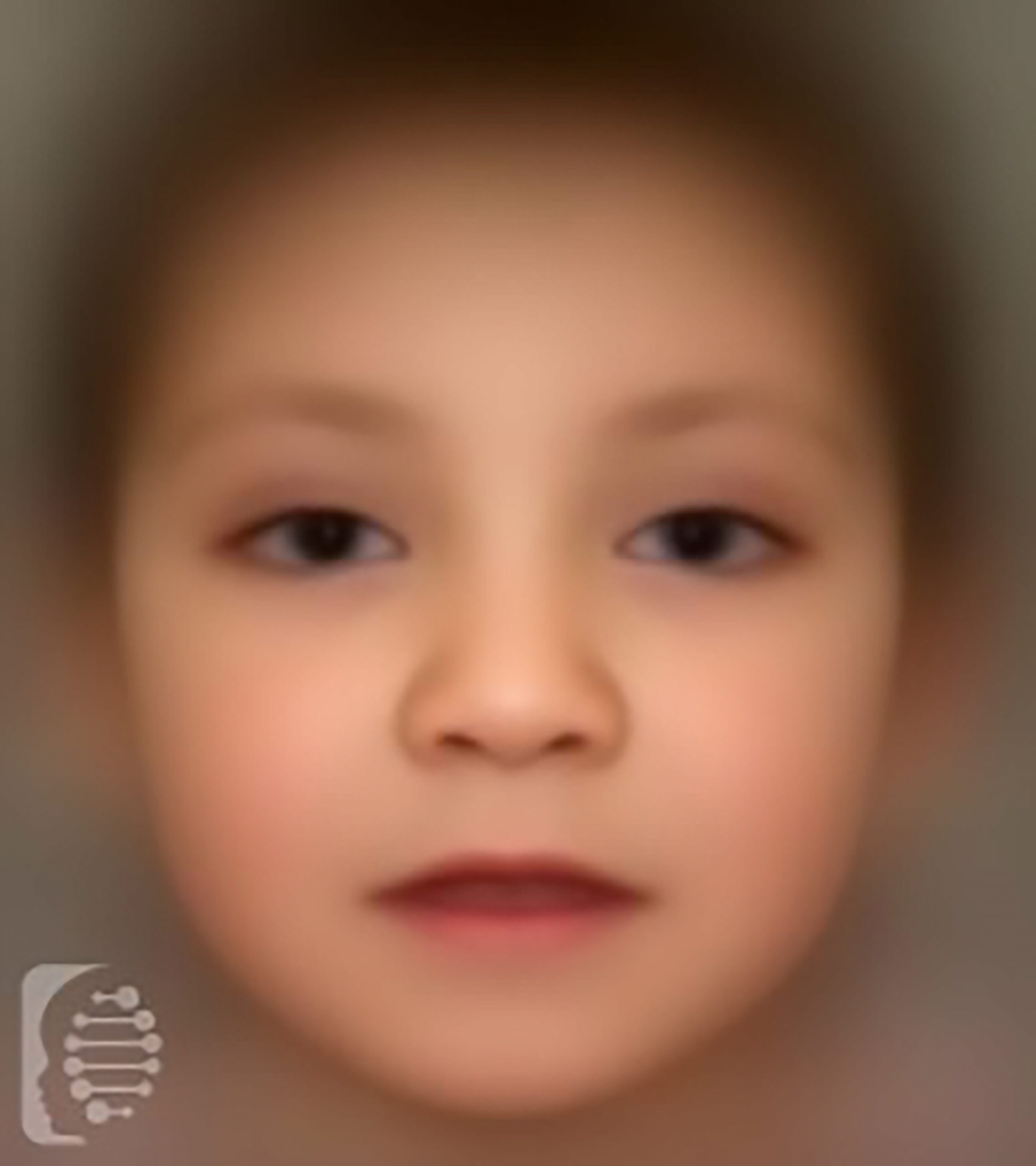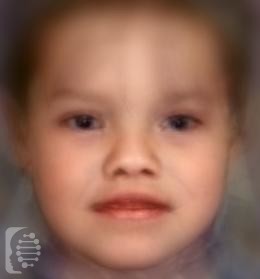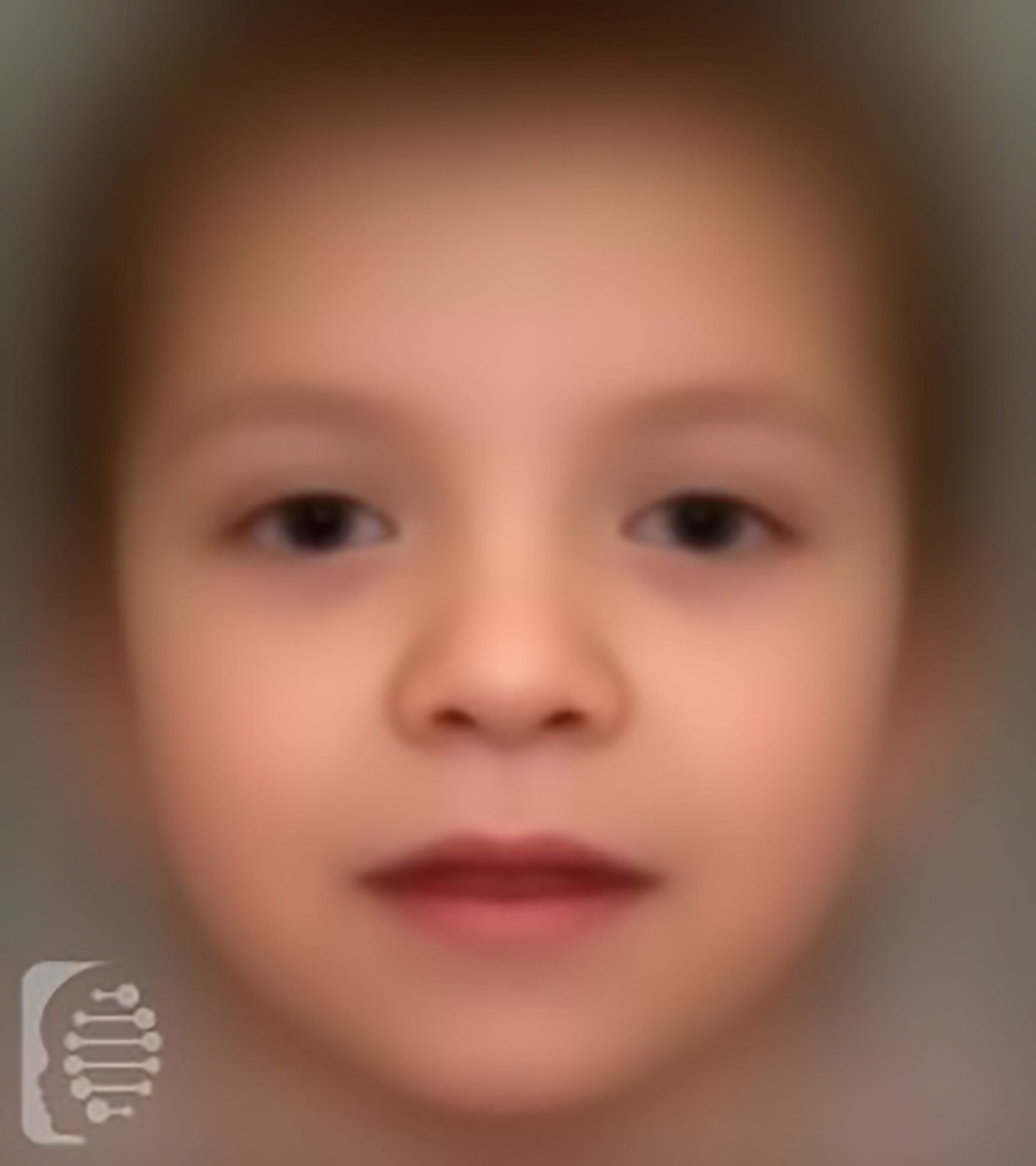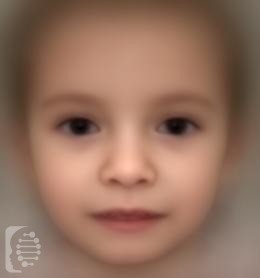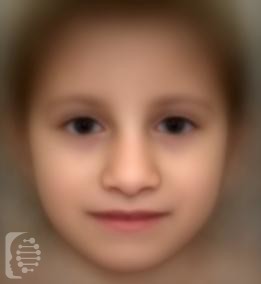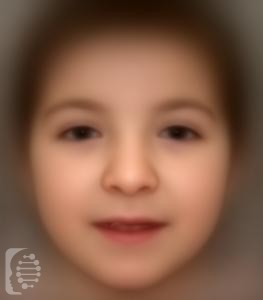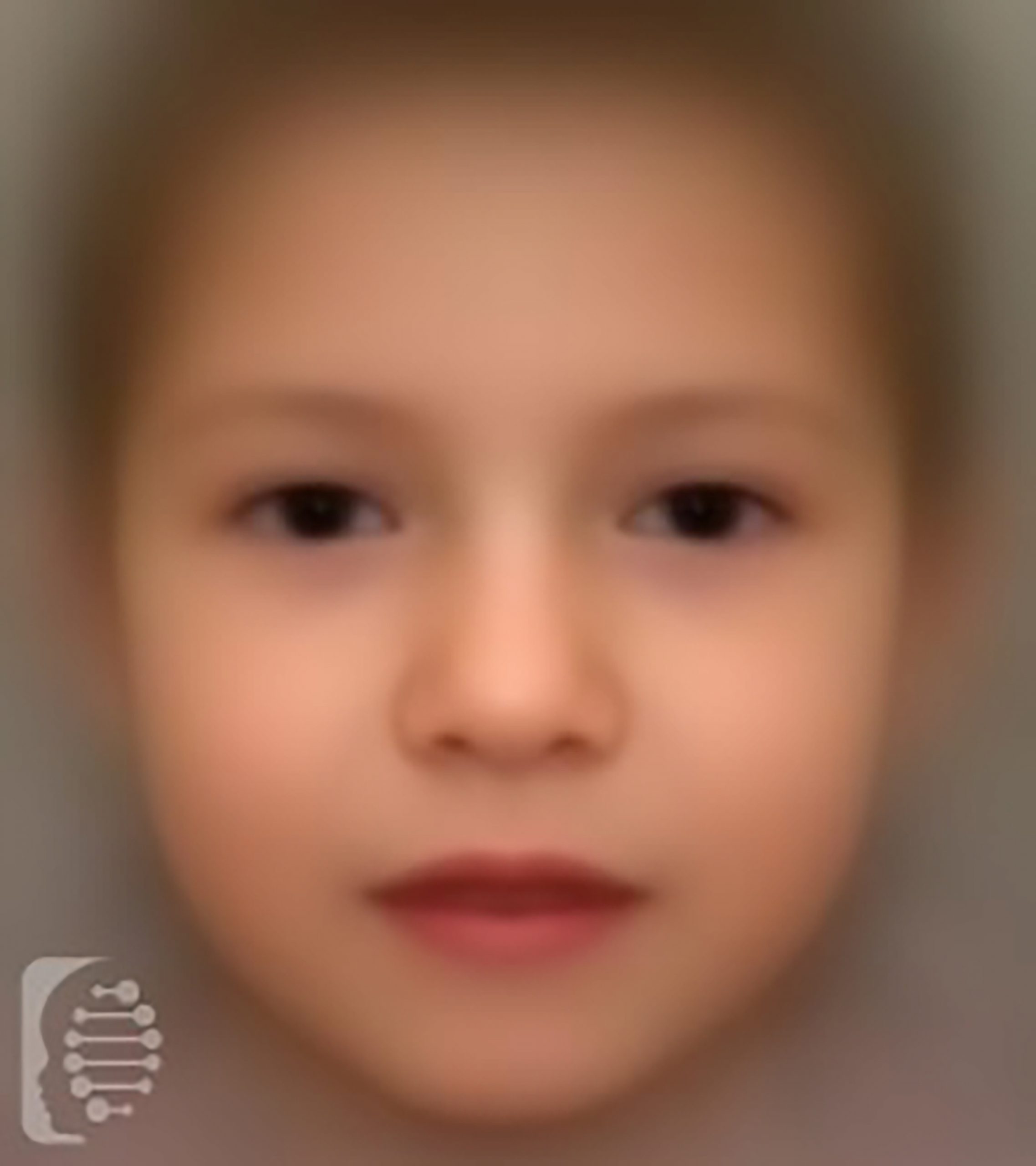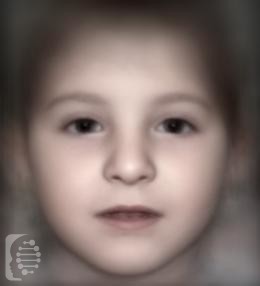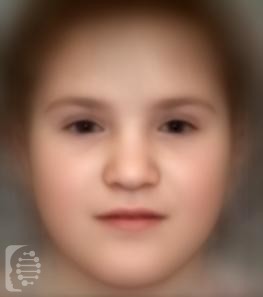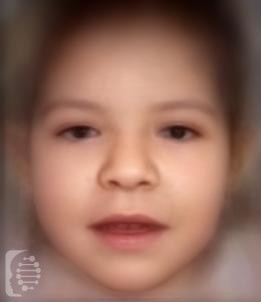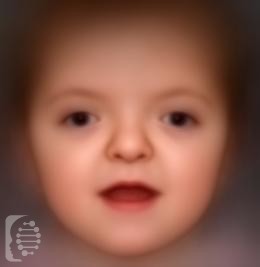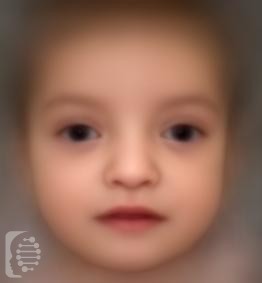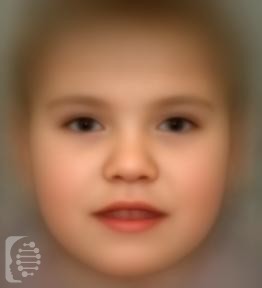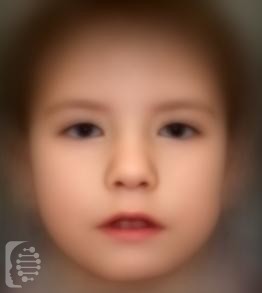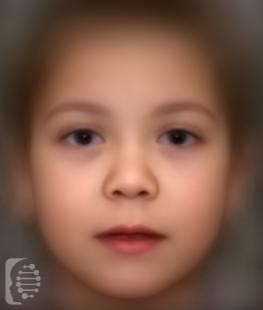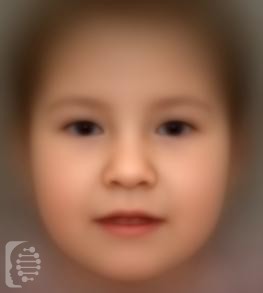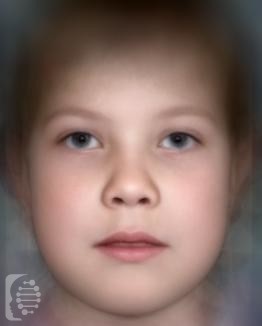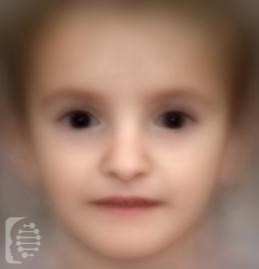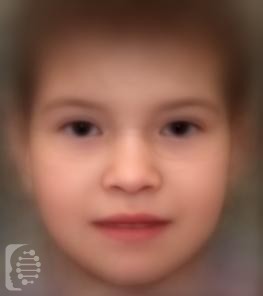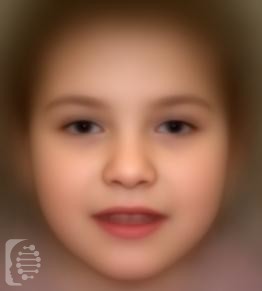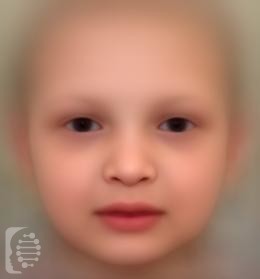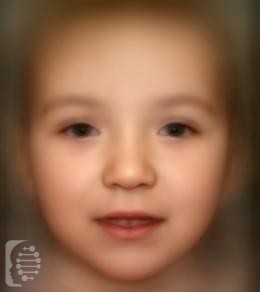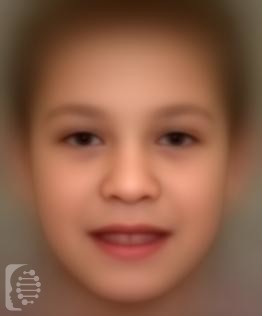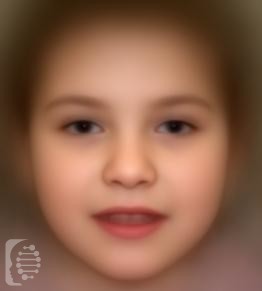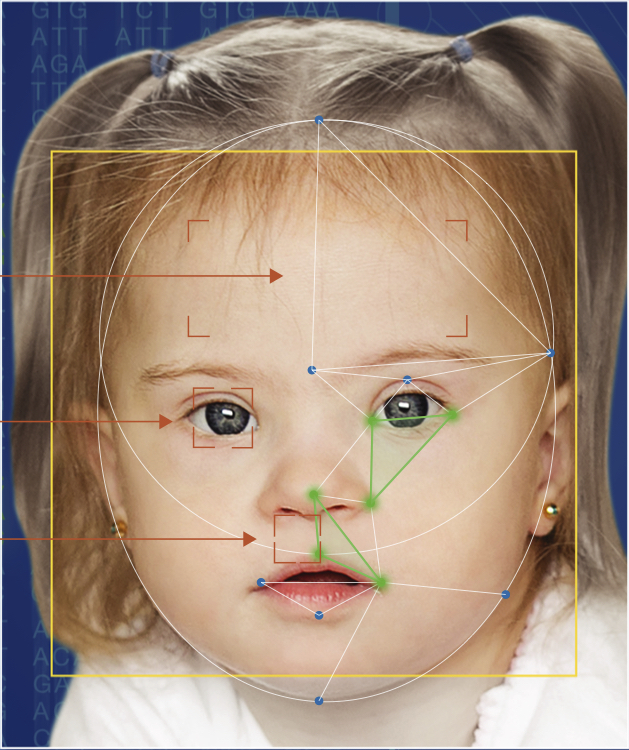Paula and Bobby
Parents of Lillie
Postnatal Growth Retardation
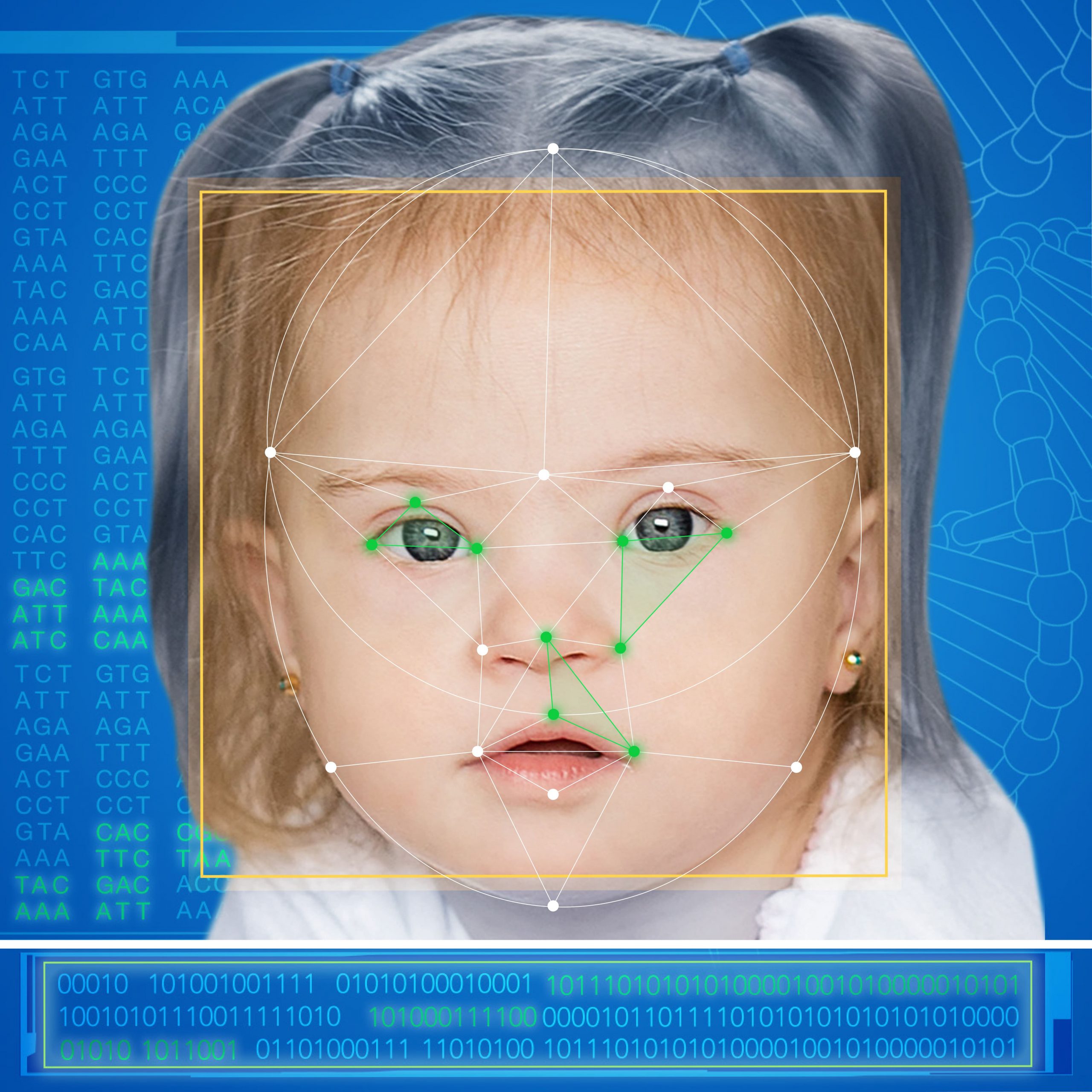
Understanding growth and weight gain/loss related symptoms and features.
Symptoms may affect multiple parts of the body. Understanding which part of the body a symptom affects, can help us to better understand the potential underlying causes of a symptom, including a rare disease or genetic syndrome.
Symptoms which affect the growth and or weight gain/loss of an individual may also affect the ability of their body to function properly. This might affect their movement, their brain development and the other organs of their body including the heart.
Growth charts help to track a child’s physical development, including weight and height, and flag any issues or concerns. An issue with under or over growth may be the result of an underlying medical condition, or may trigger a secondary medical problem. In some cases a physical growth problem may be due to environmental factors, including under or over feeding.
Symptoms relating to physical growth may be many and wide ranging.
What is postnatal growth retardation?
Retardation simply means later or slower growth, development that is held back in some way. Although it is a word that is seldom used today with reference to mental development, in this case it refers to the physical growth of a child after birth.
When looking at slowed or delayed growth in children, the best reference is a general comparison by percentile (the curve of averages) for the child’s age and sex. Postnatal growth retardation is a type of failure to thrive. Failure to thrive (FTT) refers to children who are not gaining weight or growing at the appropriate rate for their age and sex.
Children’s growth is charted by percentile, and a child may remain in a lower percentile but nevertheless continue developing at the expected rate, which could simply mean that the child is small but growing well. However, children who drop significantly in percentile rank, or who have a consistently low percentile rank (such as a child with height or weight in the 2nd percentile), should be examined for failure to thrive.
Failure to thrive may be organic, caused by a medical problem such as malabsorption or a congenital malfunction in the child’s digestion, or it can be nonorganic, caused by poverty, abuse, neglect, or a parent or caregiver with poor understanding of feeding needs and techniques, or a parent or caregiver with mental illness, as well as other caregiver-child relationship difficulties.
Most cases of failure to thrive have a combination of organic and nonorganic causes.
Organic FTT may be detected at any age, depending on the disorder that is causing it. Nonorganic FTT will usually be noticeable before the child is one year old, and often by 6 months.
Medical problems that can cause failure to thrive can be minor and relatively easy to correct. For example, a cleft lip or cleft palate could cause trouble chewing or swallowing. Some other disorders may also stop the child from absorbing, retaining, or processing the food that they do eat. Infections, tumors, diseases, syndromes or metabolic disorders could also cause FTT. It is rare for FTT to result from inadequate breast milk production or low fat content.
What should I do next?
In some instances, postnatal growth retardation may be one of the features of a rare disease or genetic syndrome. In this case fast, targeted genetic analysis can give you a more accurate diagnosis.
Synonyms:
Postnatal growth failure, growth delay as children, growth retardation as children, postnatal growth deficiency, postnatal growth deceleration, failure to thrive, faltering growth
HPO:
0008897
Optional syndromes:
Clarify any concerns you may have and get tested online today!
Schedule Your Online Meeting Now
Synonyms:
Postnatal growth failure, growth delay as children, growth retardation as children, postnatal growth deficiency, postnatal growth deceleration, failure to thrive, faltering growth
HPO:
-
0008897
Optional syndromes:
FDNA™ Health can help you with the diagnostic journey.
Learn about child developmental delays: Causes, Symptoms, and Therapies.
Don't wait years for a diagnosis. Act now and save valuable time.
Explore the most detected symptoms in our system (numbers are global and based on the data from 120 countries):
What is FDNA Health?
With the largest global database and a leading decision-support tool using AI, FDNA™ Health enables patients and their families to better understand symptoms and conditions with the goal of shortening the time to diagnosis.
Benefits of FDNA Health
Save valuable time by
learning about possible conditions
and report to your clinician
Advanced AI technology
and leading worldwide clinicians
shortening time to diagnosis
Looking for answers?
Worried about child development?
We are here to help you!


